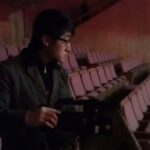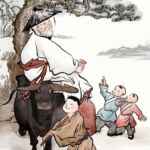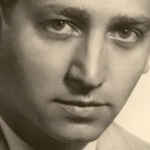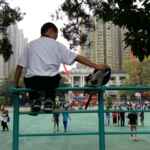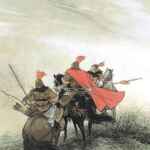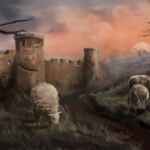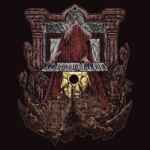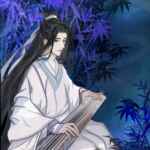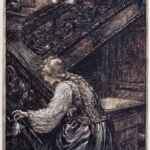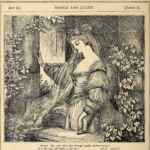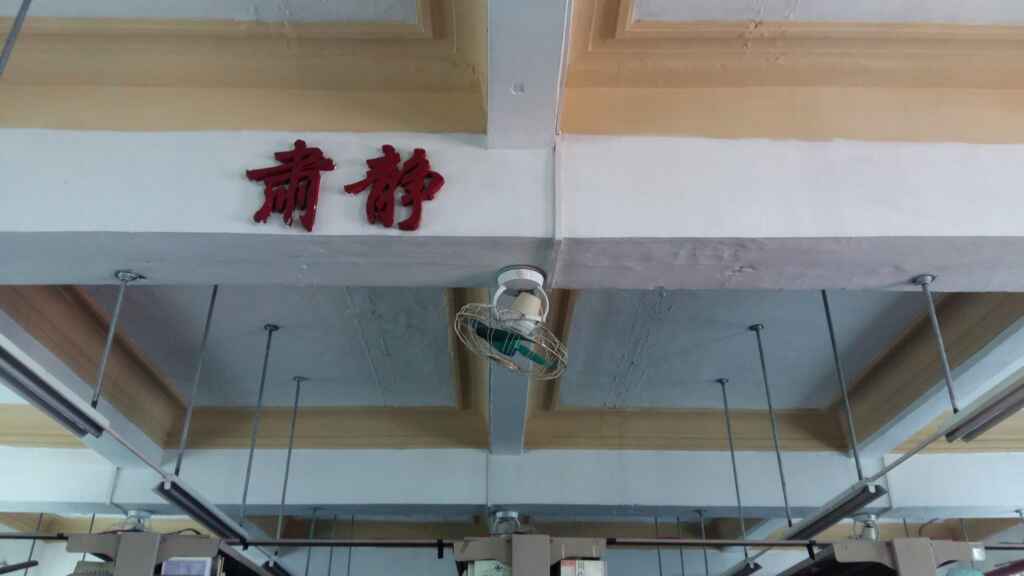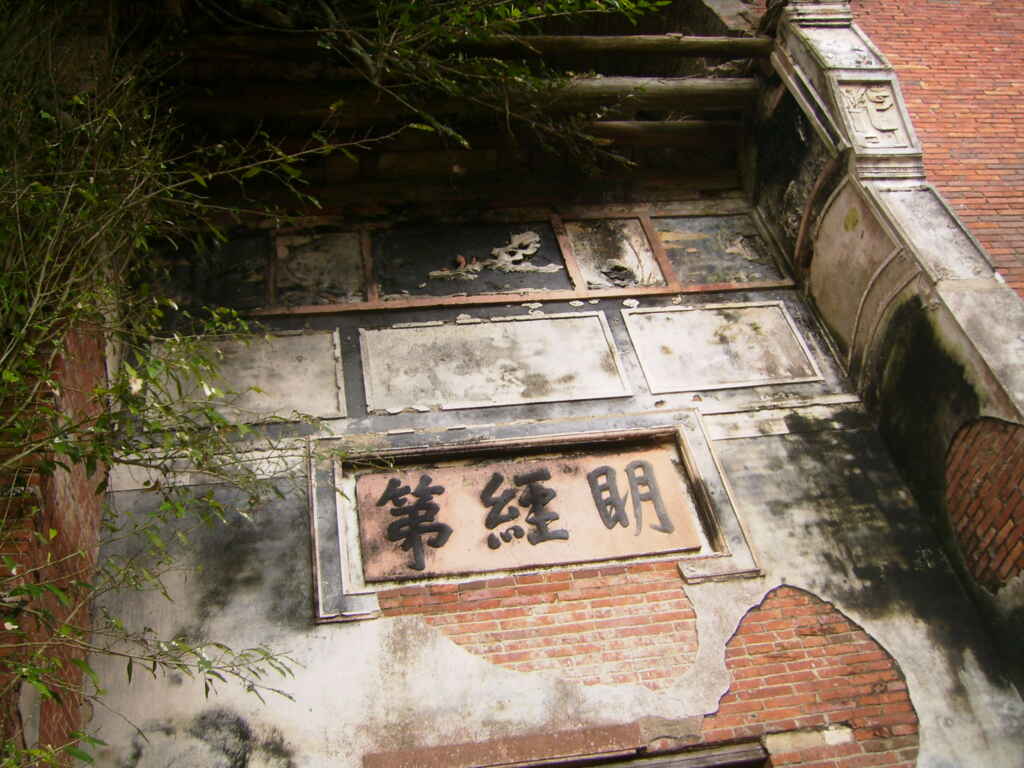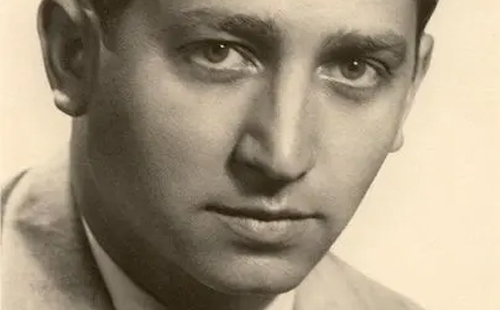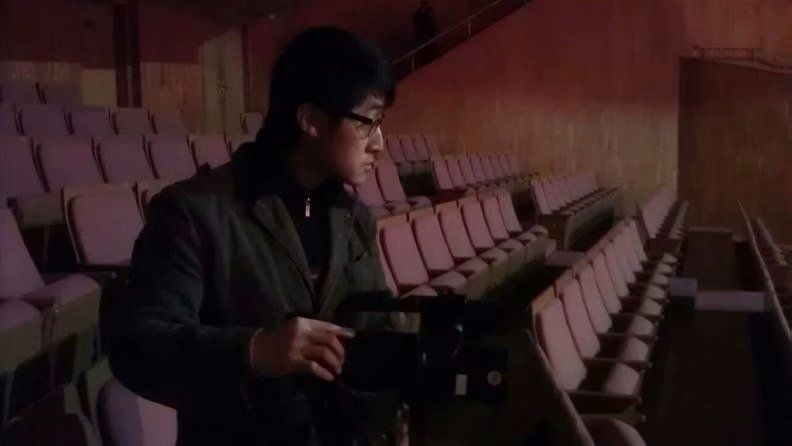Kids Study Hard, but Still Fare Less Well? – The Real Downside of East Asian Education Approach
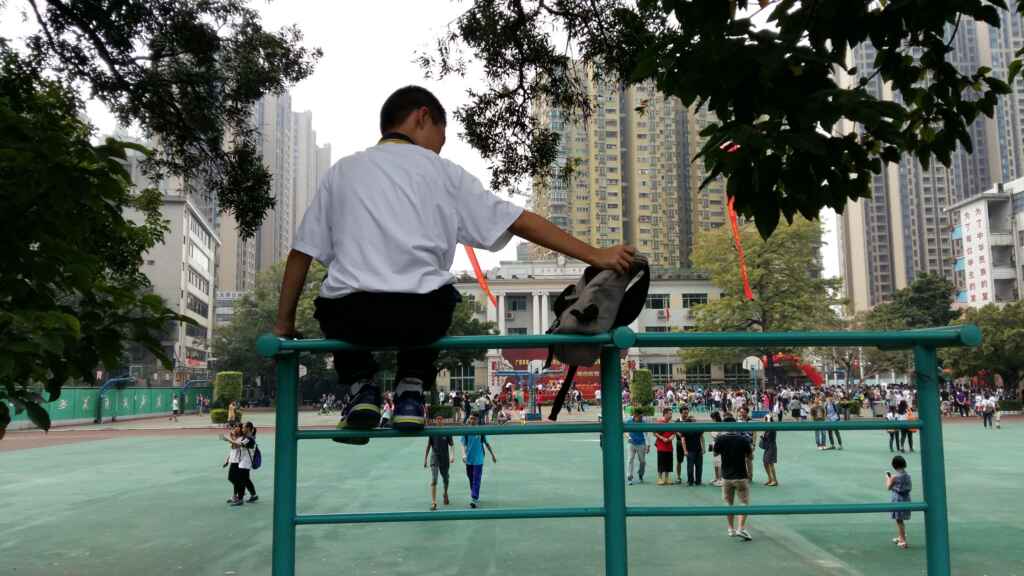
I was born in Guangzhou, one of China’s largest cities. My grandparents took charge of my education. From primary school onward, they incessantly warned me that I would face fierce competition from my peers. They were demanding and jealous of other kids’ achievements. As a veteran of the “Si Shu” 私塾sīshú:private boarding school school (these were private Confucian boarding schools which helped boys to prepare for civil service examinations under the Qing Dynasty) that his own father had run, my grandfather was merciless in his administration of my study schedule. Under his supervision, I spent countless hours in my tiny bedroom, practicing for a string of examinations that only came to a halt when I entered college at age 18.
To my grandfather’s chagrin, my school performance fell short of his ambitions. In fact, none of my cousins’ scores met the old man’s expectations, either. Exams, exams, exams! “Those who don’t make the cut have no future,” he would admonish us. In his eighties, he mobilized the entire family’s resources to improve his grandkids’ performance. Nevertheless, in the end his regime crumbled.
Sixteen years later, these memories no longer trouble me. I have utterly forgotten how to solve complicated algebra questions or balance the formula of an acid-alkaline reaction. Nevertheless, my passion for language, history, culture, and the humanities survived that grueling exam-preparation regime, and I continue to pursue the subjects that have entranced me since my teenage years. I do not necessarily live any worse than classmates who aced the entrance exam, and I am happy that I can now choose the terms on which I compete.
In retrospect, I think that my grandfather’s mistake was to prepare his grandchildren for a finite battle, when life is actually an infinite totality. This is a common error in East Asian families, where children are pushed from an early age to scramble after high exam scores and certificates. Parents who want their children to live full and happy lives should realize that locking them into finite games on unfavourable terms not only wastes their energy, but can also do unnecessary damage to their kids’ true nature.
Finite Games vs. Infinite Games
In his 1986 book Finite and Infinite Games, the New York University scholar James P. Carse formulated a useful opposition between finite games, in which the competition is between known players, and which have both fixed rules and an agreed-upon duration, and infinite games, in which both known and unknown players contend, and in which the rules are changeable. Whereas in a finite game the only goal is to win the game (which necessarily brings the game to a close), in an infinite game the chief objective is to keep the game going.
A few decades ago, when information and resources for independent study were scarce, children from ordinary families in East Asia had few choices and could only enter college after succeeding in fiercely-competitive examinations. From ages 7 to 18, the lives of many teenagers in this part of the world were utterly dominated by exam preparation.
A journalist from Europe once told me about an experiment he was considering. He proposed to spend three months living the life of a Chinese middle-school student preparing for the college entrance examination. “Three months of harsh training? I guess I can afford that,” he said. “No. You need six years,” I replied. The conversation ended, and his experiment never unfolded.
The purpose of the entrance examination is not to help students to master a set of concepts, kindle a passion for knowledge, or learn how to improve existing structures and practices. The exam’s only purpose is to eliminate and select. It is not enough to thoroughly understand a concept from a textbook; one must learn to recognize the cunning tricks the designers use to trip up the careless and the impatient. The contents of the exam are far-reaching and seemingly designed to suck up mental and physical energy. Those who aspire to become scientists and engineers are required to be able to recite pages of Tang poetry, while those who seek admission to the humanities and liberal arts faculties—i.e., students such as my younger self–must pass exams dedicated to math, chemistry, and physics (including quantum theory).
Once students pass the entrance exam and begin college life, they routinely forget 80 percent of the material covered on the examination. In a gesture that outsiders might consider to be wasteful but that reflects an accurate assessment of the role that the content of their exam-prep materials is likely to play in their future lives, many students tear these volumes to shreds. It is not uncommon for them to give up on books altogether, and to treat college like a four-year vacation before the gruesome slog of career life.
My grandpa was deeply convinced that this exam regime was the only means by which he could help his grandchildren to rise in the world. He was merciless because he could not bear the thought that we might be distracted from our exam preparations by “lighter,” more frivolous activities. Once, when he discovered that I was writing a short story and that this activity had nothing to do with any examination, he made me shred the draft. Both grandparents refused to speak to me for two months, simply because I had made an attempt to write fiction. When he discovered that I enjoyed listening to music and had a taste for art-house films. my grandpa began regaling me with traditional Chinese set-phrases such as “玩物喪志” wànwùsàngzhì: pleasure seeking undermines lofty aspirations (“pleasure-seeking undermines lofty aspirations”).
Keep Your Hobby Alive, and Find True Passion in Life
My years of preparation for examinations under a humorless grandpa were simultaneously bland and tedious. In fact, in purely strategic terms, they probably did me more harm than good. I was in the danger of being locked into a finite game with rules that didn’t particularly favour me, with my entire life hinging on the outcome of a single exam.
Somehow, I managed to find a balance between what I really cared about and the exigencies that imprisoned me. Without my grandparents’ knowledge, I collected books about world history, western art, and foreign statesmen. I hoarded CDs and DVDs that I knew that my grandpa would hate from his gut. Eventually, I developed a deep interest in what people from other countries and cultures were doing, what they were like, and why the world was shaped the way it was. Preparation for exams was a real concern, and it certainly had an impact on one’s future, but life was definitely bigger than any exam.
My passion for learning other cultures, languages, and history continues to burn bright, long after I consigned my exam-prep books to the trash bin. Unlike so many of my peers, who treated their university years as an extended vacation, I spent those years in full-time study of the things that I really love.
My grandfather never reconciled himself to my exam performance. However, I eventually realized that I would have my own life, not the one that he had dreamed of for me. Moreover, despite the hardship of those years, there is a sense in which I really do embrace what I see as the true legacy of those years of exam preparation. In the end, they taught me that one should hold fast to one’s notion of what one really wants to become; that one must be willing to stand up and defend one’s passions; and that one must search for workable solutions when adversaries—well-intentioned or not–seek to block one’s aspirations.

